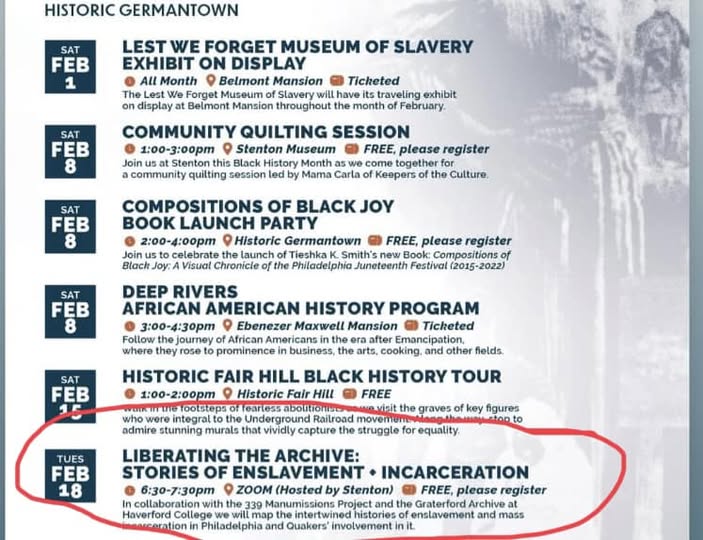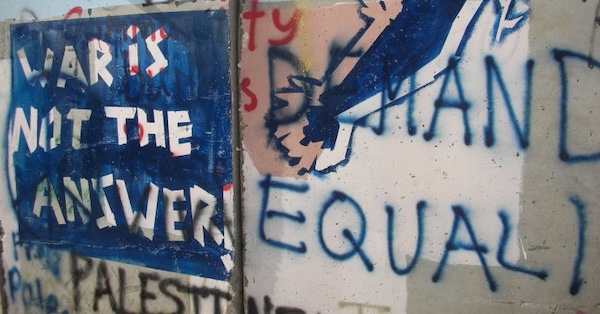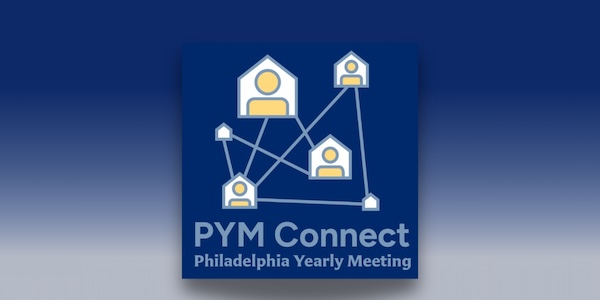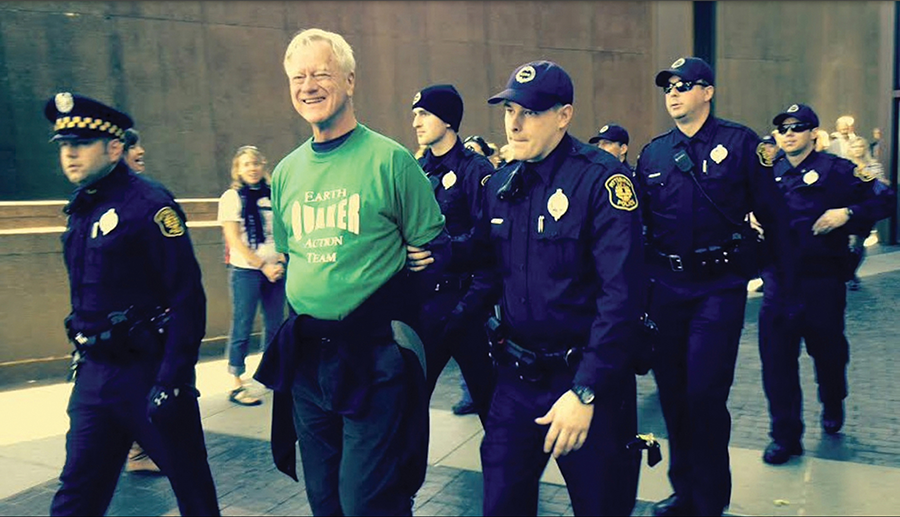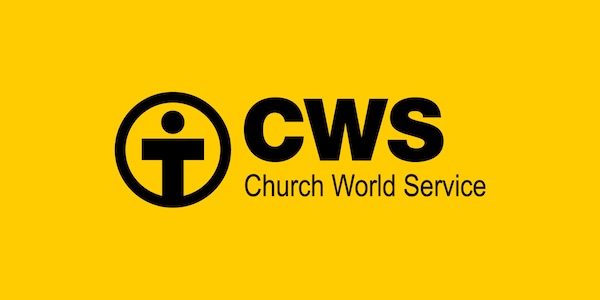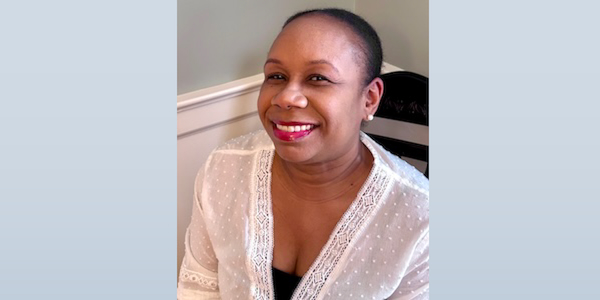Join us on Sunday, March 30th for a presentation from Ainsley Bruton, AFSC’s Quaker Engagement Coordinator, about AFSC’s work to promote peace and justice around the world. Ainsley will share some information about AFSC’s economic activism, efforts to de-militarize police forces, peacemaking in Palestine and Israel, immigration justice, and more. Ainsley will also be connecting with Friends to learn more about peace and justice work being done at Gwynedd Friends.
Peace & Social Justice
‘Liberating the Archives: Stories of Enslavement and Incarceration’ Webinar
Join Stenton, the 339 Manumissions Project and the Graterford Archive at Haverford College on Zoom for a moderated discussion, mapping the intertwined histories of enslavement and mass incarceration in Philadelphia and Quakers’ involvement in these activities. Learn about what these organizations are doing to bring Black history out of the archives, and what you can do to help. This program will be offered live on Zoom webinar. A recording will be available following the program on Stenton’s website.
ABOUT 339 MANUMISSIONS & BEYOND PROJECT:
The 339 Manumission and Beyond Project is a reparative, spirit-led, genealogical search to uncover the lives and family trees of the 339 Africans who were granted their freedom by members of the Philadelphia Yearly Meeting Quakers, once it was decided that Quakers could not be enslavers. Learn more here.
ABOUT STENTON:
Stenton is one of the earliest historic houses in Philadelphia. It was completed in 1730 as a country-seat planation house for James Logan, a Quaker merchant, and secretary to William Penn. Stenton was home to six generations of Logans and a diverse community of enslaved, indentured, and free laborers, including Dinah, who lived and labored at Stenton for over 50 years. Learn more here.
ABOUT THE GRATERFORD ARCHIVE:
The Graterford archive project, led by currently and formerly incarcerated partners in collaboration with Haverford College faculty and staff, will share the history of creative leadership that emerged from the Pennsylvania State Correctional Institution at Graterford [open from 1929 to 2018]. his digital archive will be developed and activated through community practice, including oral history and storytelling workshops, installations, and art-making collaborations with justice-impacted families. Learn more here.
PYM’s Response to the Political Reality
This week has brought many changes our country, including ones that are out of alignment with Friends testimonies and the way we walk in the world. The PYM community and governance are actively listening and responding.
[Read more…] about PYM’s Response to the Political Reality
Why DOES Palestine Matter? An Invitation to a 6 Session Course with Members of the Middle East Collaborative
Authorship of this invitation is attributed to Deb Wood and other resources.
As I thought about writing an invitation to the Why Palestine Matters course, I came across the following quotation, which fits the Palestine/Israel situation so well:
“The purpose of propaganda is to make one set of people forget that other sets of people are human.”
— Aldous Huxley
The Palestine/Israeli relationship and conflict can often appear so complex and intractable that we don’t know how we can ever understand enough to move forward. News coverage often lacks the entire context, leaving us unable to honor the humanity of all involved. When we stop seeing a person or group as human, we much more easily discount and discredit their experiences and humanity, making it far easier to deny their needs and right to exist.
PYM Connect Launches Next Phase in Second Week of January
Next week, PYM Connect reaches a new phase as many Friends will start engaging with this online space for the first time. It is a chance for our community to use the platform to share, collaborate, and celebrate among Friends. [Read more…] about PYM Connect Launches Next Phase in Second Week of January
AFSC Presentation at Swarthmore Meeting
Join friends at Swarthmore Friends Meeting on Sunday, January 19th for a presentation from Ainsley Bruton, AFSC’s Quaker Engagement Coordinator, about AFSC’s work to promote peace and justice around the world. Ainsley will share information about AFSC’s food justice activism, efforts to de-militarize police forces, peacemaking in the Middle East, AFSC’s social change leadership program for young adults, and more. Ainsley will also be connecting with Friends to learn more about peace and justice work being done at Swarthmore.
Meet George Lakey at the Screening of Citizen George
Join the Burlington Quaker Meeting House in welcoming George Lakey for a special screening of “Citizen George” – A feature-length documentary film presentation of the life and work of George Lakey – a nonviolent revolutionary, a deeply spiritual man with a rebel heart, who has been guided in life by his ideal of societal transformation.
Partnership with Church World Service
In October, PYM announced a new partnership with Church World Service (CWS) as a covenant member. During the recent Joint Council meeting, Clerk Nikki Mosgrove led a discussion on PYM’s new relationship with CWS, a national faith-based organization focused on just and sustainable responses to hunger, poverty, displacement, and disaster. This partnership allows PYM to nominate board members and collaborate closely on CWS’s work, although it holds no voting rights. CWS extended this invitation to deepen the connection, reflecting their commitment to building impactful relationships. The council plans to review this partnership at a future session to assess its impact.
[Read more…] about Partnership with Church World Service
Witnessing the West Bank under Siege
Join us to hear testimony from 4 friends who recently returned from participating in a multifaith, international Just Peace Delegation to the West Bank. Hannah Mermelstein, Laurie Gagne, John Reuwer, and Mikayla Lytton will share what they learned and witnessed while visiting the Occupied West Bank. Their presentation will include mini-profiles of courageous Palestinians who are resisting the Occupation non-violently and ways our Meeting may be able to help them.
Nikki Mosgrove Begins as Presiding Clerk of PYM
On August 1, 2024, Nikki Mosgrove stepped into the role of Presiding Clerk of the Philadelphia Yearly Meeting (a collection of 105 Quaker congregations in Delaware, Maryland, New Jersey, and Pennsylvania). She is tasked with facilitating business among as . Among unprogrammed Friends, who eschews religious hierarchy, a clerk is the first among equals. Her discernment process in accepting this role involved 30 days of prayer and reflection with people of many different spiritual practices: Presbyterians, Baptists, Nontheists, Pentecostals, and Quakers.
[Read more…] about Nikki Mosgrove Begins as Presiding Clerk of PYM

